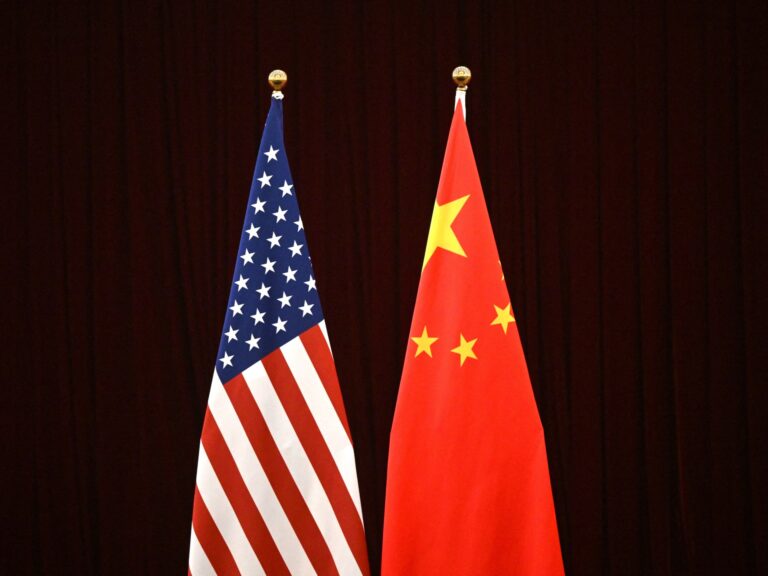The bill would ban U.S. investors from funding Chinese AI systems that could be used for weapons targeting or other military applications.
The U.S. Treasury Department has finalized proposed rules to restrict and monitor U.S. investment in China in artificial intelligence, computer chips and quantum computing.
The fleshed-out proposed rules, released Friday, stem from President Joe Biden’s August executive order on “countries of concern” access to U.S. dollars to fund advanced technologies that could enhance military, intelligence, surveillance and cyber capabilities. The order identified China, Hong Kong and Macau as countries of concern.
The Biden administration has sought to prevent China, the world’s second-largest economy, from developing technologies that could give it a military advantage or an edge in emerging sectors such as electric vehicles.
In addition to the proposed rules, Democrat Biden has also imposed tough tariffs on Chinese-made electric vehicles, a politically charged issue as both Biden and Republican presidential candidate Donald Trump seek to show voters who is best able to stand up to China, a geopolitical rival and major trading partner.
The proposed rule outlines the mandatory information that U.S. citizens and permanent residents must provide when conducting transactions in this sector, as well as what would be considered a violation of the restrictions.
Specifically, the rules would bar U.S. investors from funding Chinese AI systems that could be used for military applications, such as weapons targeting, combat and location tracking, according to a senior Treasury official who briefed reporters on the rules on the condition of anonymity.
The Treasury Department is seeking comments on the proposal until August 4, after which it plans to issue a final rule.
Biden administration officials, including Treasury Secretary Janet Yellen, have insisted they are not interested in “decoupling” from China, but tensions between the two countries have risen in recent years.
In February 2023, China threatened retaliatory measures after the U.S. military shot down a suspected Chinese spy balloon off the U.S. east coast as it flew over sensitive military facilities across North America.
Since then, incidents between the two countries based on national security concerns have occurred periodically.
For example, Biden issued an order in May banning Chinese-backed cryptocurrency mining companies from owning land near nuclear missile bases in Wyoming, calling the bases’ proximity a “national security risk.”

